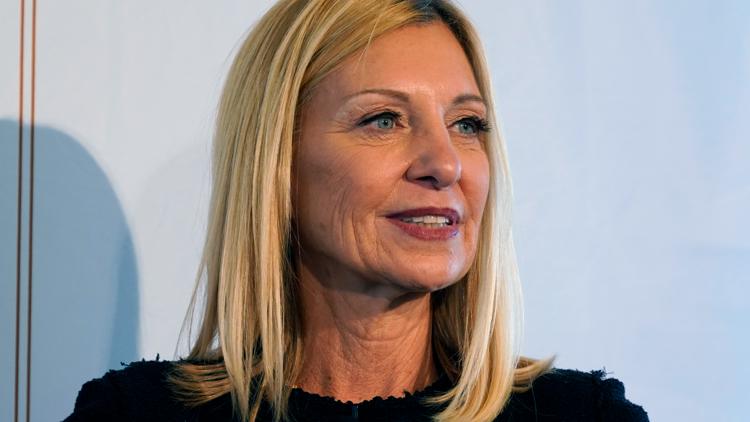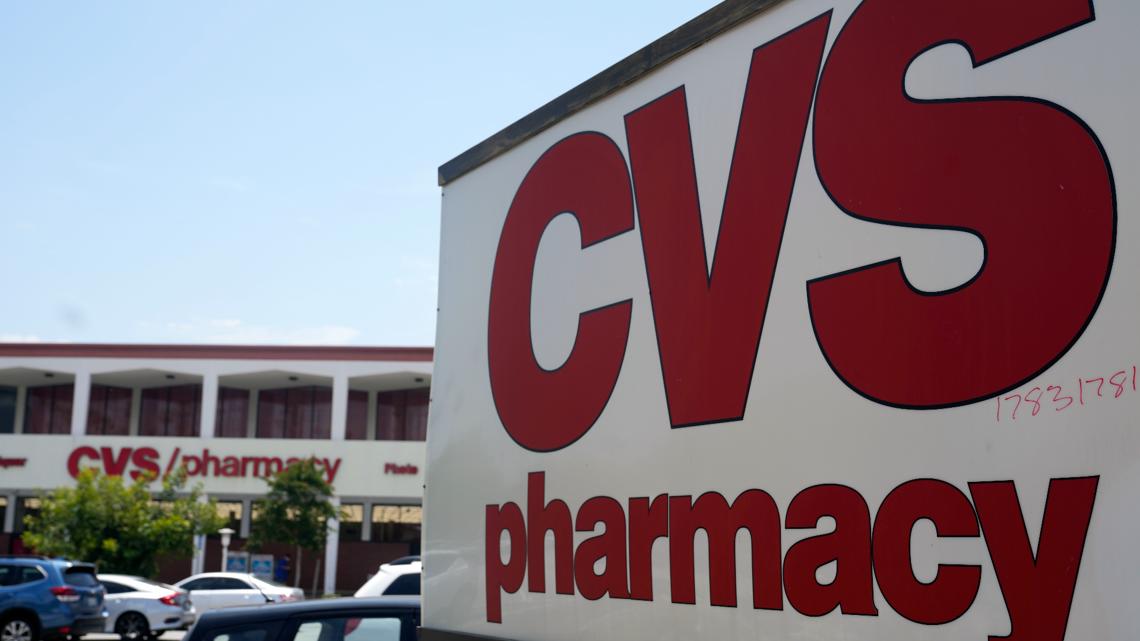CVS Health runs one of the nation's largest drugstore chains and a huge pharmacy benefit management business that operates prescription drug coverage.


NEW YORK — CVS Health CEO Karen Lynch has stepped down with company shares sinking 19% this year and the health care giant struggling on several fronts.
Company shares tumbled early Friday after CVS Health also said its third-quarter earnings will come in well below Wall Street expectations.
Lynch will be replaced by CVS executive David Joyner, who will attempt to steer the company through rising costs to its health insurance business, slumping drugstore sales and growing investor pressure. All major pharmacy chains are attempting to navigate a drastically changed landscape, facing competition online and elsewhere.
Leerink Partners analyst Michael Cherny said the leadership change was unexpected, though he understood the rationale behind it “following another quarter of underperformance.”
“It is hard, given the operational and stock underperformance, to say a change at the top is undeserved,” he said in a research note.
CVS cut its financial expectations for a third time this year in August, hurt by growing claims from its Medicare Advantage coverage, and Lynch had just taken over leadership of the insurance segment, which is where she served before becoming CEO.
Her predecessor in the insurance wing, Brian Kane, left the company about a year after his arrival.
CVS Health runs one of the nation's largest drugstore chains and a huge pharmacy benefit management business that operates prescription drug coverage for employers, insurers and other big clients. It also covers nearly 27 million people through its Aetna insurance arm.
The company has been operating “well below its potential and has fallen short in its investment and actuarial approach in recent years,” Glenview Capital Management said in a statement issued earlier this month.
The hedge fund, which holds a stake in CVS Health, said it was offering “suggestions to enhance the governance, culture, efficiency, sustainability and growth of CVS Health.”
Joyner, who will also join the company's board, most recently served as executive vice president of CVS Health, and president of its pharmacy benefit management, or PBM, arm. He has 37 years of health care and pharmacy benefit management experience.
CVS Health also announced on Friday that Chairman Roger Farah will now be executive chairman.
"We believe David and his deep understanding of our integrated business can help us more directly address the challenges our industry faces, more rapidly advance the operational improvements our company requires, and fully realize the value we can uniquely create,” Farah said in a statement.
The Woonsocket, Rhode Island company's preliminary forecast is for third-quarter adjusted earnings of $1.05 to $1.10 per share, citing higher-than-expected medical cost trends. Analysts polled by FactSet predict earnings of $1.69 per share.
Rising claims from the company’s Medicare Advantage coverage have hurt CVS Health for much of this year and contributed to repeated trimmings of its outlook for 2024. Medicare Advantage plans are privately run versions of the federal government’s coverage program mainly for people age 65 and older.
CVS Health also said in August that it has been hurt by a drop in quality ratings for those plans and pressure from Medicaid coverage it manages in several states.
CVS Health's stock is down more than 10% before the market open on Friday.


.png)









 English (US) ·
English (US) ·